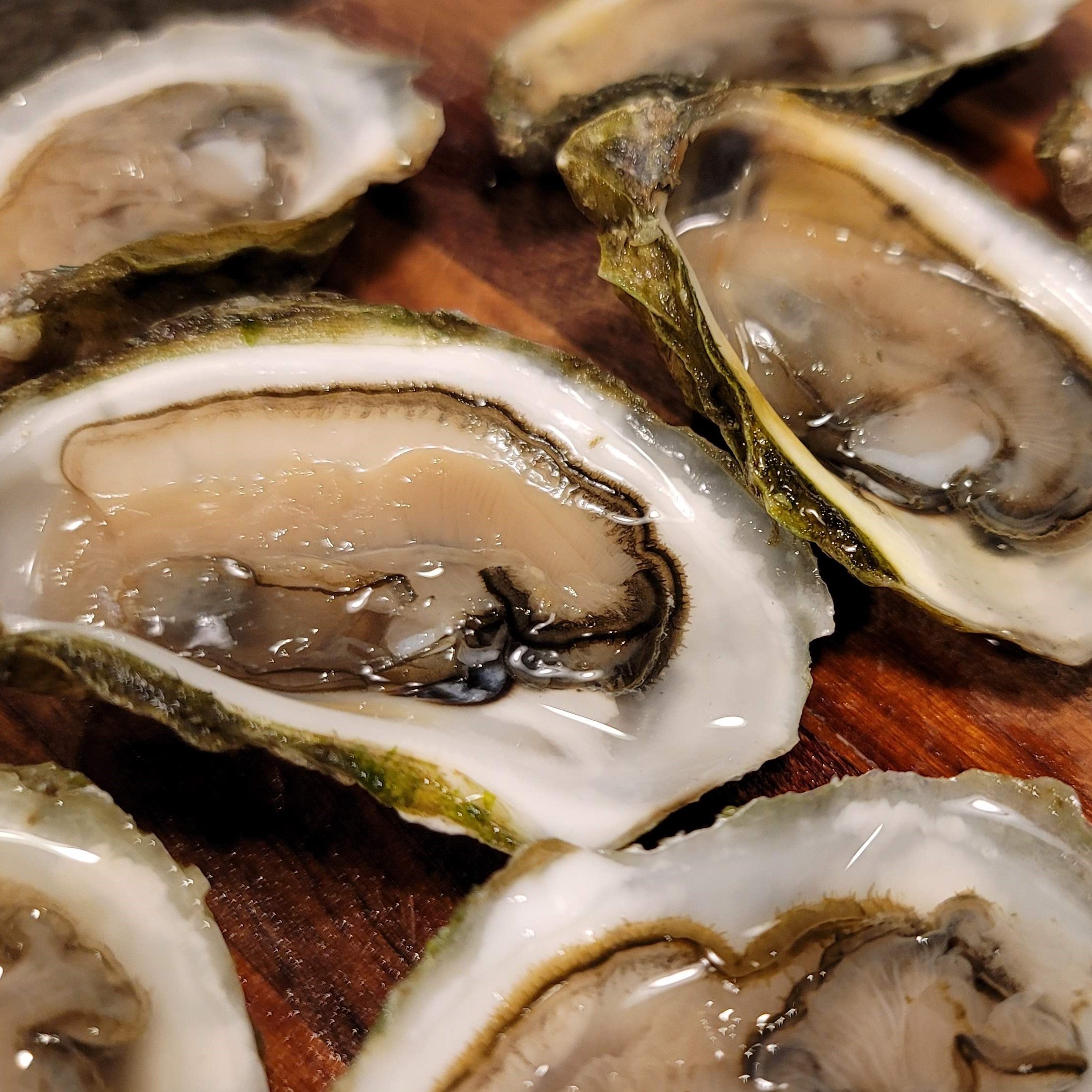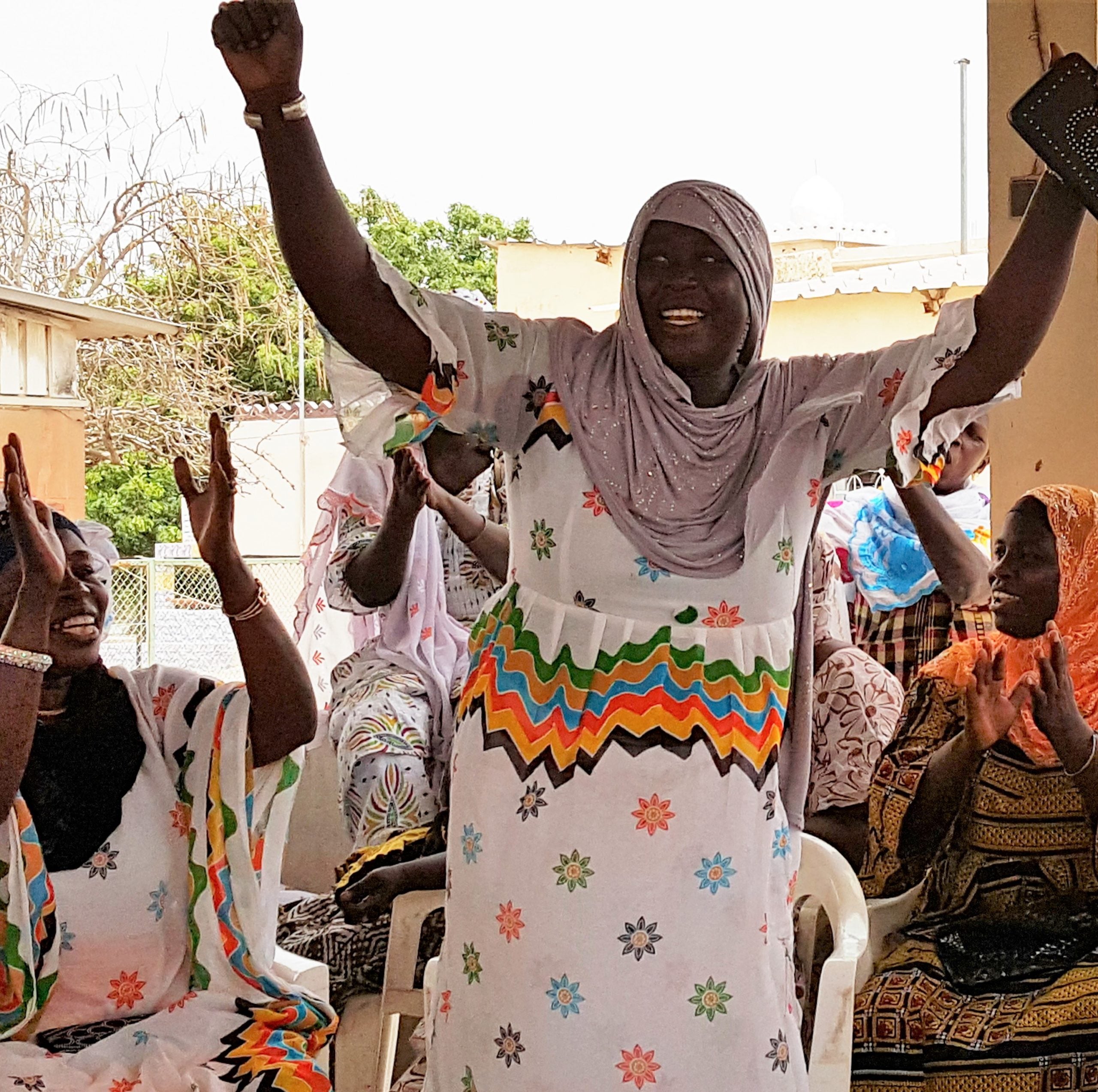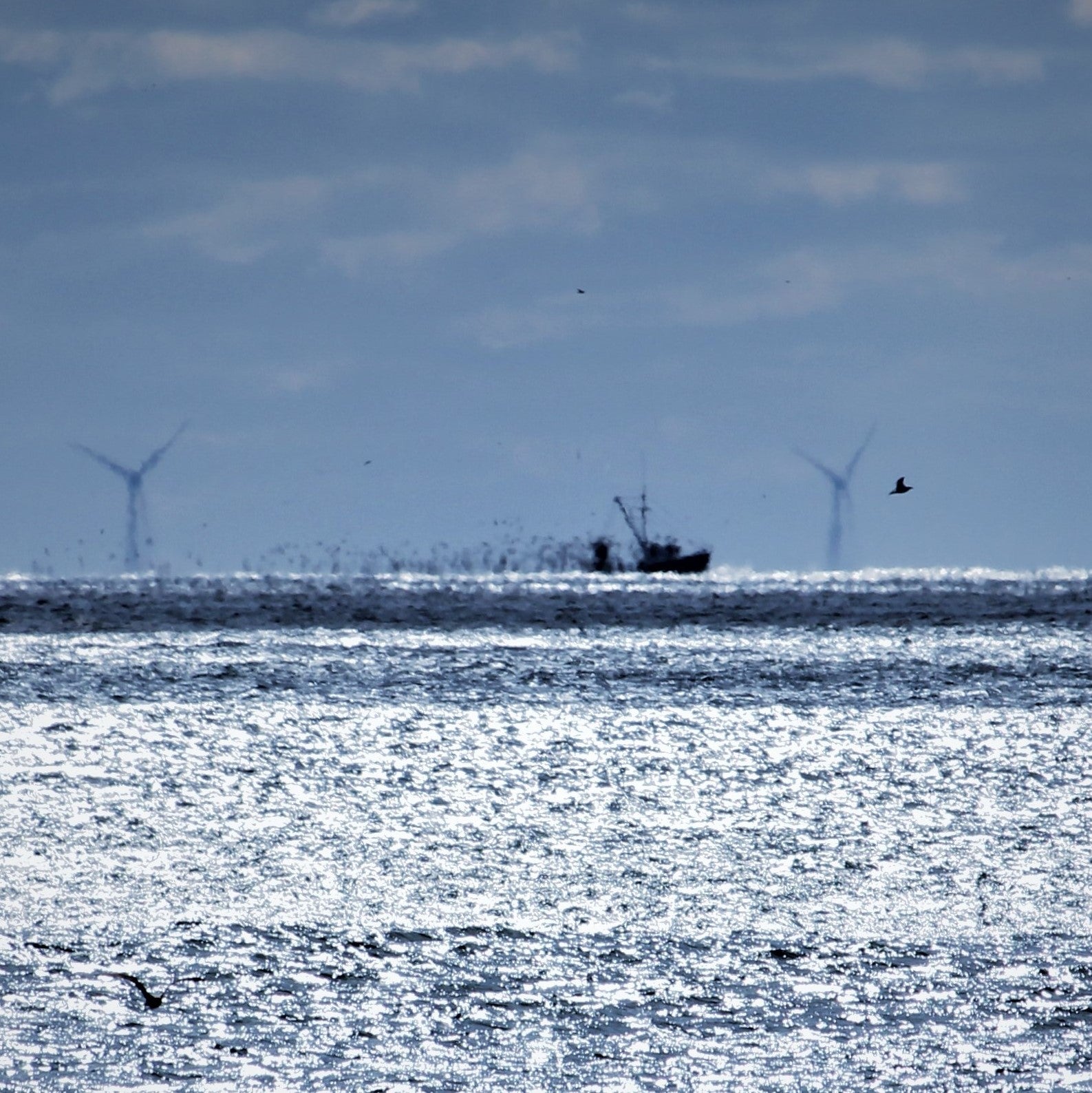URI’s Coastal Resources Center is taking the lead on all things coastal in a consortium implementing USAID Hay Tao, a five-year biodiversity funded project of USAID, to improve national policies and community-based management of marine and coastal resources with a focus on the Menabe, Sava, and Analanjirofo regions of Madagascar. The Hay Tao activity supports improvements in the enabling environment for community-based biodiversity conservation and sustainable development approaches, while the USAID Mikajy activity, a partner activity, supports site-specific conservation work to reduce threats to biodiversity and establish the groundwork for more sustainable biodiversity-friendly and climate-resilient economic development.
USAID Hay Tao works closely with Madagascar’s Ministry of Agriculture, Livestock and Fisheries (MAEP) and the MIHARI network of Locally Managed Marine Areas (LMMA) to ensure the sustainability of the Country’s fisheries while also supporting the development of a national integrated management strategy and action plan for mangroves between the MAEP and the Ministry of Environment and Sustainable Development (MEDD). URI-CRC has developed competency frameworks to ensure professional management of marine resources by LMMA committees. In support of the Government, URI-CRC has also developed priority recommendations through an Assessment of Marine and Coastal Tenure of Madagascar and developed a best practice guide on preparing fisheries management plans. URI-CRC will provide stock assessment training to the MAEP that incorporates traditional modelling approaches with community-based techniques. Stock assessment tools will be included in the Hay Natiora Portal, an integrated environmental management web portal. Based on expertise in the URI team, in addition to these coastal and marine activities, URI-CRC is taking the consortium lead on integrated population health and environment (PHE) efforts as well as natural resource accounting and finance efforts.
In partnership with the Madagascar PHE Network and the MIHARI network, URI-CRC launched the Fisher Women Leadership Program to support initiatives on Gender, Women’s Economic Empowerment, and Fisheries. The launch meeting of this program supported the empowerment of 28 women leaders in the fishing community from all over Madagascar to take a substantial role in fisheries management. Follow-up activities continue to support the development of women leaders in the fishing community.



